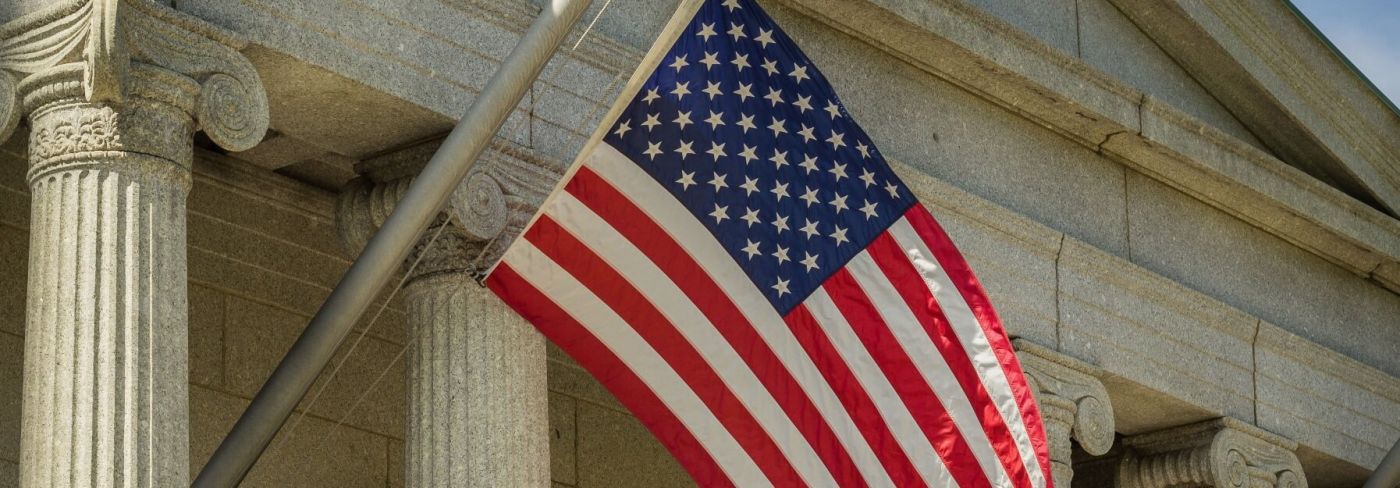
A Complete Overview of VAWA Petitions
The Violence Against Women Act (VAWA) stands as a pivotal law in the United States, designed to protect victims of domestic violence, dating violence, sexual assault, and stalking. This detailed guide provides a comprehensive overview, optimized with SEO keywords, for individuals searching for information on the VAWA application process, eligibility criteria, and the protections it affords, ensuring a clear path to safety and legal status in the U.S.
Introduction to the Violence Against Women Act (VAWA)
The Violence Against Women Act (VAWA), enacted in 1994 and subsequently reauthorized, offers a beacon of hope for non-citizen victims of abuse, enabling them to apply for legal status in the United States independently of their abuser. This critical legislation intersects domestic violence support with immigration policy, providing a lifeline for victims seeking escape from abuse and a chance at a secure life in the U.S.
Understanding VAWA Eligibility Criteria
VAWA eligibility is pivotal for abused non-citizens who are relatives of U.S. citizens or lawful permanent residents (LPRs). The act caters to:
Spouses and Children: Abused spouses and their unmarried children under 21 can file for protection under VAWA, offering a pathway to safety and legal residency.
Children: The act also protects children abused by their U.S. citizen or LPR parent, ensuring they have a means to escape violence.
Parents: Parents subjected to abuse by their U.S. citizen child are likewise eligible, providing them a route to seek refuge and legal status.
Navigating the VAWA Application Process
The VAWA application process is a critical step towards independence for victims of abuse, involving:
Self-Petitioning: Victims can self-petition by filing Form I-360, a process that allows them to apply without the abuser's knowledge or intervention, ensuring their safety and confidentiality.
Evidence Compilation: Applicants must gather evidence of the abuse, such as police reports, medical records, photographs, and witness statements, to support their case.
Legal Status Achievement: Upon approval, applicants can pursue lawful permanent residency (green card) through Form I-485, marking a significant step towards stability and security in the U.S.
VAWA Application Benefits and Protections
VAWA applicants gain access to numerous benefits and protections, crucial for their journey to independence and recovery:
Legal Immigration Status: Successful applicants can achieve lawful permanent residency, a cornerstone for building a new life in the U.S.
Work Authorization: Applicants may obtain permission to work in the United States, facilitating financial independence.
Confidentiality: The VAWA application process ensures confidentiality, preventing any disclosure of information to the abuser and safeguarding the victim's privacy and safety.
Challenges and Solutions in the VAWA Application Process
While the VAWA application offers a pathway to safety, it comes with challenges, including navigating complex legal requirements and compiling a compelling case of abuse. Applicants must carefully document their abuse and relationship to the abuser, often requiring meticulous attention to detail and a comprehensive understanding of the evidence required.
Empowerment through the VAWA Application
The Violence Against Women Act provides critical support for victims of abuse seeking to escape violence and gain legal status in the U.S. Understanding the VAWA application process, eligibility criteria, and the benefits it offers is essential for victims looking to rebuild their lives with security and independence. Through VAWA, victims have a valuable resource in their journey towards recovery and a new beginning in the United States.
